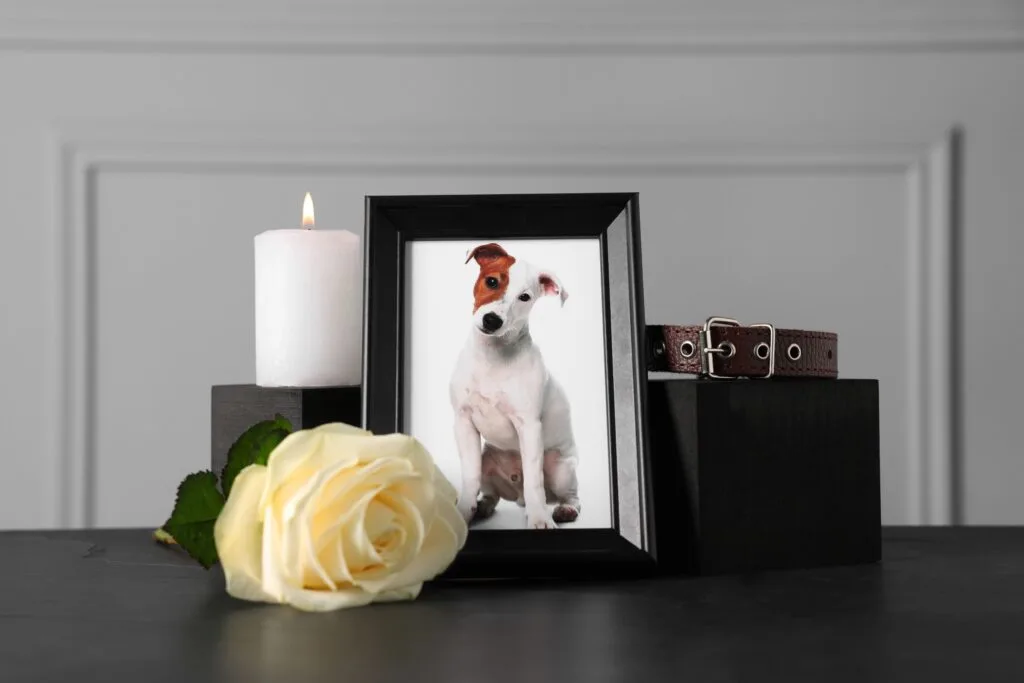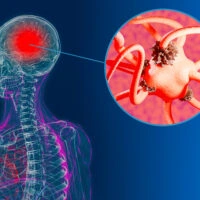Losing a dog can shatter your world in ways you might not expect. For many, dogs aren’t just pets—they’re family, trusted companions, and a source of unconditional love. When a beloved dog passes away, the grief that follows can feel misunderstood, especially by those who haven’t experienced it. But why does losing a dog hurt so deeply? Could it really compare to the loss of a human loved one?
Studies suggest the pain may be more intense than we realize. As we explore the emotional journey of pet loss, we’ll uncover why saying goodbye to a loyal friend leaves such a lasting mark on our hearts.
Why Losing a Dog Feels Like Losing a Loved One
Losing a dog can feel as devastating as losing a human loved one due to the unique bond we share with our pets. Psychologist Julie Axelrod highlights that when we lose a dog, we’re not just losing a companion, but a source of unconditional love and comfort. Our pets are part of our daily routines, and their absence leaves a void that can be hard to fill.
Dogs have been bred over thousands of years to bond with humans, making the connection especially deep. This bond is so strong that research shows interacting with dogs triggers the same hormonal responses as interacting with loved ones. Dogs offer the kind of love and loyalty that is rare, even in human relationships, which explains why their loss can hurt so profoundly.
Grieving a pet’s death is made even harder by societal attitudes. While we have rituals to mourn the loss of people, the grief of losing a pet is often dismissed. This can lead to feelings of isolation, making the grieving process even more difficult.
The Psychological and Emotional Impact of Losing a Pet

The emotional impact of losing a pet is often deeper than many realize. It goes beyond the absence of a companion, bringing a mix of grief, guilt, anxiety, and even symptoms similar to Post-Traumatic Stress Disorder (PTSD).
- Grief and Emotional Turmoil: The grief from losing a pet can manifest in physical symptoms, like disrupted sleep or changes in appetite. Pets play multiple roles in our lives, from being constant companions to sources of comfort. When they’re gone, their absence disrupts our daily routines, leaving a void that feels overwhelming.
- Feelings of Emptiness and Isolation: Pets offer unconditional love and companionship, so when they’re no longer there, the emptiness can lead to feelings of loneliness. For many, pets are a primary source of emotional support, making their loss feel like losing a family member.
- Impact on Self-Esteem and Coping Abilities: Losing a pet can also lead to self-doubt, especially if the death was sudden or involved difficult decisions like euthanasia. This guilt can deepen the sadness and make it harder to move forward.
- Exacerbation of Pre-existing Conditions: Those already dealing with mental health issues like depression or anxiety may find that the loss of a pet intensifies these feelings. The compounded grief can be difficult to manage without additional emotional support.
- Symptoms Similar to PTSD: In cases of sudden or traumatic pet deaths, it’s not uncommon for pet owners to experience symptoms resembling PTSD, including flashbacks, intrusive thoughts, or heightened anxiety.
Seeking support, whether from friends, family, or professionals, can help manage these emotional impacts and provide comfort during this difficult time.
Coping with the Loss of a Pet
Coping with the loss of a pet is a deeply personal journey, and everyone experiences it differently. There’s no set formula for healing, but here are some ways that many people find helpful when dealing with this kind of loss:
Let Yourself Grieve
It’s okay to grieve, and it’s important to give yourself permission to feel those emotions. Grief isn’t something you can rush through. Licensed counselor Juliet Kuehnle emphasizes the need to embrace those feelings instead of pushing them away. It’s normal for grief to come in waves, and it doesn’t follow a set timeline.
Lean on Support
It helps to talk to others who understand what you’re going through. Friends, family, or even online communities and support groups can provide comfort. If you’re feeling especially lost, a therapist who specializes in pet loss might also be helpful.
Create a Memorial
Doing something in memory of your pet can be incredibly healing. Whether it’s planting a tree, keeping their collar, or writing a letter to them, these small acts of remembrance can help you process your grief and honor the bond you shared.
Take Care of Yourself
Grief is exhausting, both mentally and physically. Make sure to care for yourself, whether that’s through meditation, gentle exercise, or just maintaining a daily routine. Eating well, resting, and engaging in activities that soothe your mind can make the process a little easier.
Reconnect in Your Own Time
When you’re ready, some people find comfort in adopting another pet, volunteering at an animal shelter, or finding other ways to engage with animals. This isn’t about replacing your pet but finding new sources of love and joy when you’re ready.
Seek Professional Help
If your grief feels overwhelming, don’t hesitate to reach out to a professional. Therapists who specialize in pet loss can offer tools and strategies tailored to your specific situation. There are also books and organizations dedicated to helping people navigate the loss of a beloved pet.
Healing Through Love and Remembrance

Losing a pet is never easy, and the grief that follows can be overwhelming. But it’s important to remember that your feelings are valid, and healing takes time. While the pain might never fully disappear, finding ways to honor your pet’s memory and seeking support can help you through the toughest moments.
Whether it’s through memorials, talking with loved ones, or simply reflecting on the happy moments you shared, each step forward is part of preserving the special bond you had with your pet. Grieving is a process, and it’s okay to take your time. Every tear and smile in their memory is a reminder of the love you shared. Through patience, support, and self-compassion, you can find peace while holding onto the joy they brought into your life.



